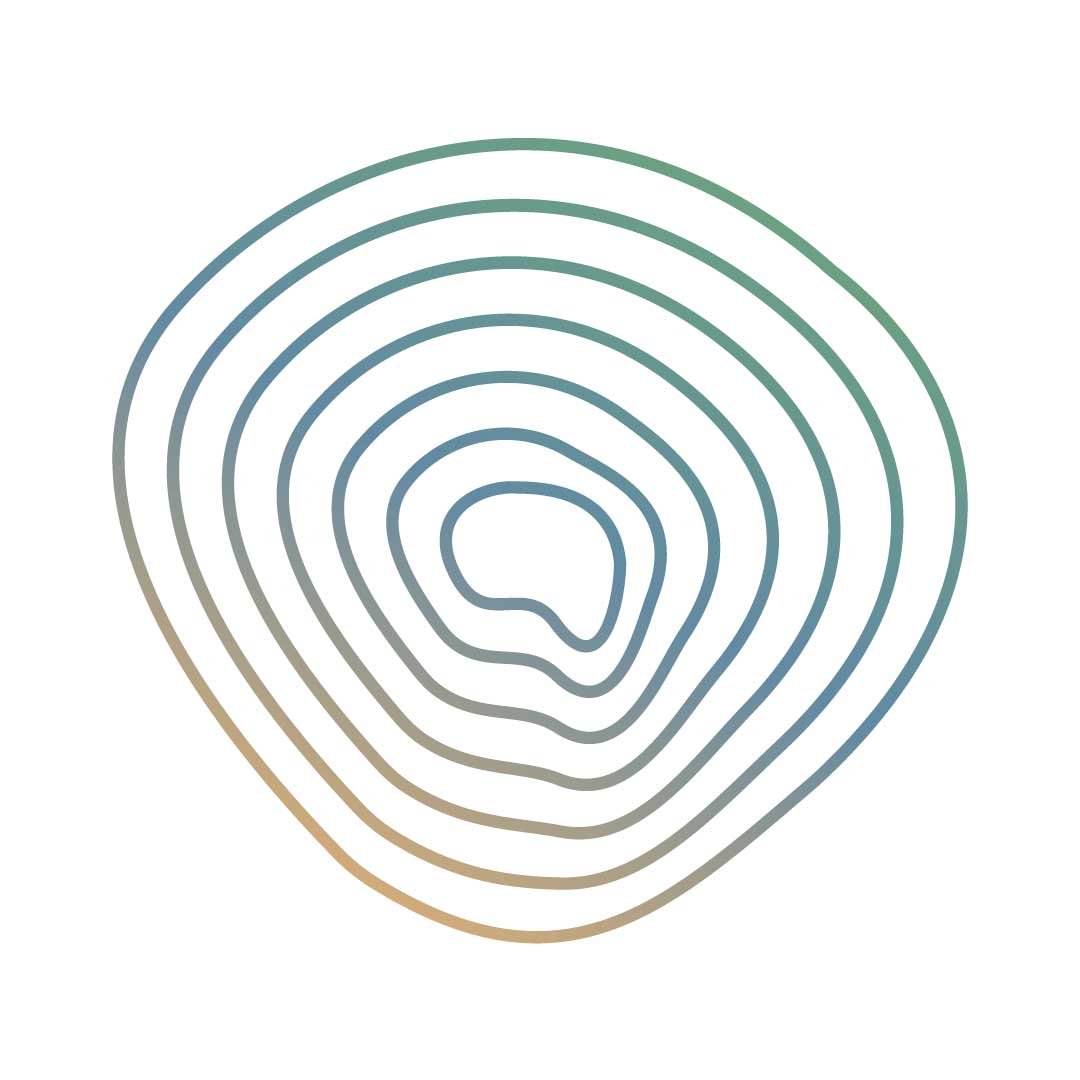Question and Answer
The desire to have a question answered resembles, in many ways, the desire of a young child for a chocolate bar.
While there is innocence to be sure, there is also a sense of poverty informing the desire. I need this. If I don't have this, then _________. Fill in the blank something bad.
As we age and mature, we want to eliminate this sense of poverty. We want to understand: there really is no need for anything. As soon as something is needed, the need is fulfilled. That is a Law of the Universe.
But our minds and egos, split off from the whole, do not trust this. In that void of trust, needs arise. Questions arise. Desire is born.
Again, it is all a very innocent play and not to be judged this way or that.
But it is a play that severely limits you, as you will either come to understand or understand already.
So much of the work of spirituality entails, at first, managing desire. And then a little later, only when you are ready, eliminating it altogether.
With questions, in particular, we can play with holding them vs. seeking an answer.
To hold a question means to recognise its presence. Then we inject a bit of awareness and, instead of looking at the question as a problem to be solved, we put it on our laps. We give it a resting place.
We get curious about the question itself. What possibly could be the answer? We notice how it affects us. With this approach, we are not letting the desire for the answer control our behaviour. That is the part we are actively managing until there is "no need" to do so.
What ends up happening is that, somehow, we become the question itself. We merge with it. By holding the question and not seeking the answer, we fulfil the purpose of a question—to point us in a newer, and quite likely unfamiliar direction.
Slowly but surely, the question answers itself as the two are contained in one—question and answer are not separate from one another, as you originally thought they were.
You can have your chocolate bar now, or wait for something even sweeter later.
